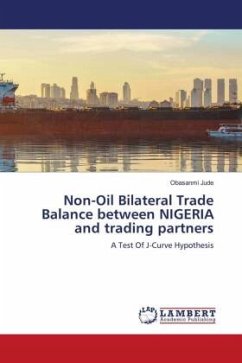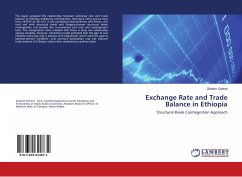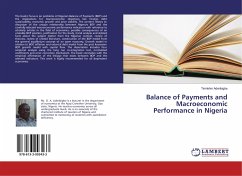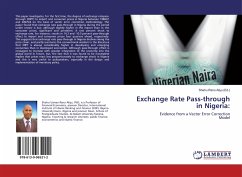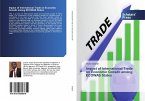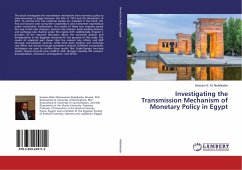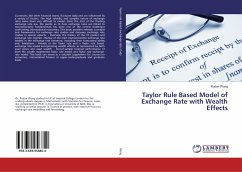J-Curve hypothesis is built on the assumption that a depreciation of a currency decreases the trade balance in the short-run and seeks to improve it on the long-run. This study examined Non-Oil Bilateral Trade Balance between Nigeria and selected trading partners in Sub-Sahara Africa: A test of J-Curve Hypothesis. The data spanned the period 1981 - 2016 and were sourced from the WDI and statistical bulletins. Distributed Lag mechanism was used to examine the short and long run parameters. The results showed that J-Curve was validated in the trade balance with Egypt, Kenya, South Africa in the short run. It was not confirmed in the trade balance with Ghana. On the long run, it was confirmed for the trade balance with Egypt only. This could be attributed to similarities in per capita income, GDP, export and import patterns of the economies under review. The study recommends that policy makers should diversify the economy via increased export of non-oil products (not only be primaryproducts) which are the economic drivers of the economy. This is because the low volume of trade between these countries can be attributed to similarities of products being exported.
Bitte wählen Sie Ihr Anliegen aus.
Rechnungen
Retourenschein anfordern
Bestellstatus
Storno

